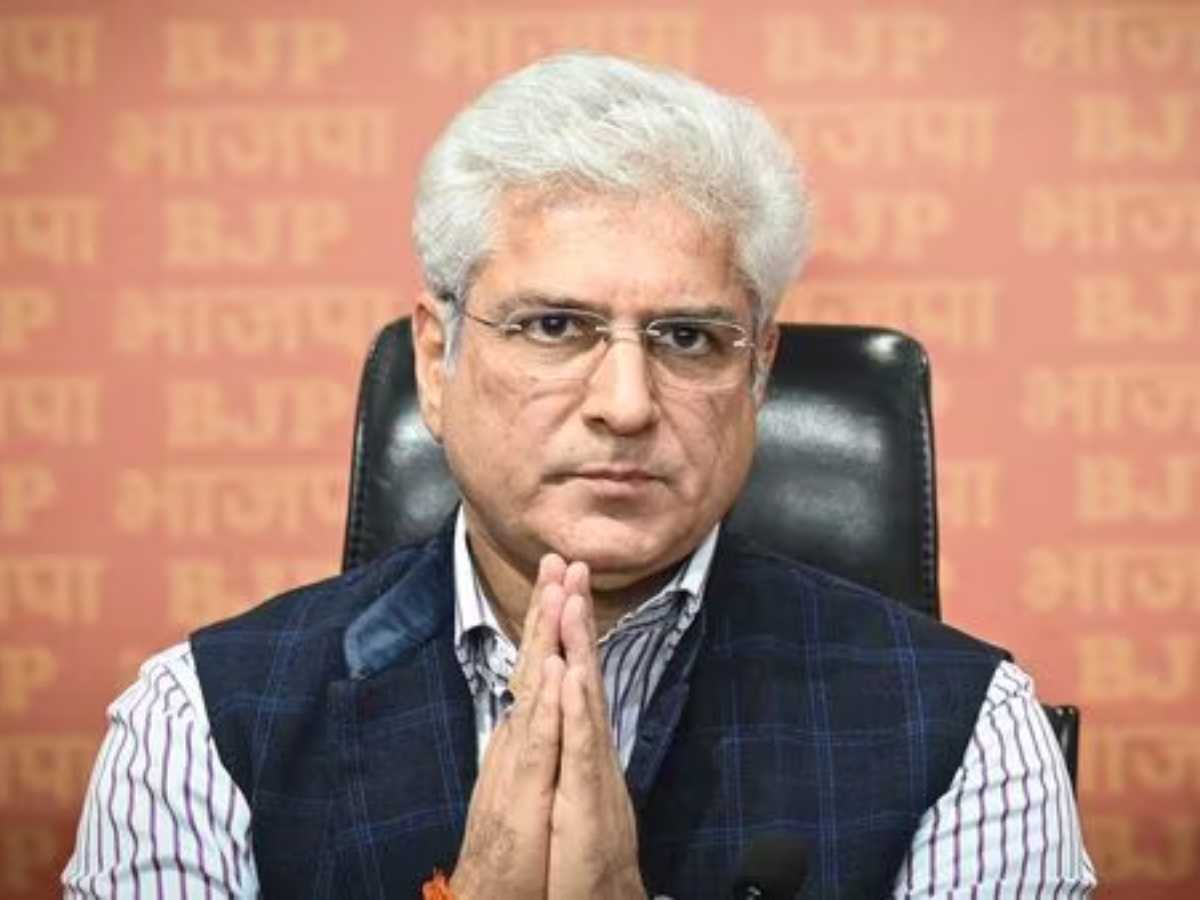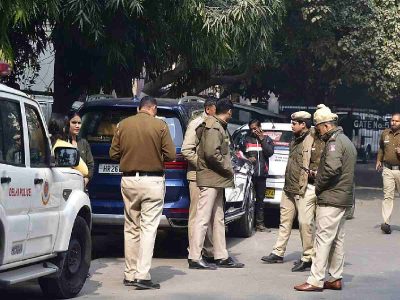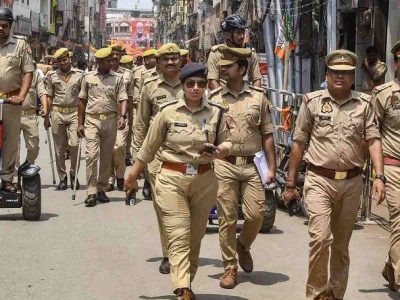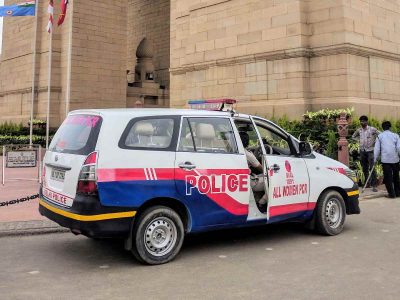Delhi election: Bharatiya Janata Party’s candidate, Kailash Gahlot, on Saturday defeated Aam Aadmi Party’s candidate, Surender Bharadwaj, by 11,276 votes to regain power in the Bijwasan assembly constituency.
A former minister in the AAP government, Gahlot had joined the BJP in November 2024.
Notably, the BJP has a strong hold on the Bijwasan seat, which the party lost during the AAP wave in the previous elections of 2015 and 2020.
The Bijwasan constituency in South West Delhi witnessed a fierce three-way battle in the 2025 assembly elections, with AAP’s Bharadwaj facing off against two former party members—BJP’s Gahlot and Congress’ Devinder Sherawat. With shifting party loyalties and caste equations playing a crucial role, this seat became one of the most talked-about in the polls.
Bharadwaj banked on Arvind Kejriwal’s governance model of providing free electricity, better schools etc to retain the public trust in the backdrop of AAP’s decision to replace the incumbent MLA.
However, Gahlot, a new face for BJP, relied on Sat Prakash Rana’s support and the BJP’s anti-AAP narrative, capitalising on allegations against the ruling party. Gahlot claimed that the AAP has done nothing but promote corruption after coming to power in Delhi. The party’s “imandar” (honest) image has been tainted due to the wrongdoings of party supremo Kejriwal.
Also read: Delhi Assembly Election 2025: BJP sweeps Delhi; celebrations erupt as party secures historic victory
On the other hand, Congress’ Sherawat, now on a different political platform, banked on his past work as an MLA (2015-2020) to regain voter confidence and emerge victorious in the assembly elections.
With intense competition and shifting political alliances, Bijwasan witnessed a high-stakes contest that redefined the constituency’s political landscape.
Past electoral trends
Divided by the Delhi-Gurugram highway, Bijwasan has witnessed a political tug-of-war over the past three elections. In 2020, AAP’s Bhupinder Singh Joon narrowly defeated BJP’s Sat Prakash Rana by just 753 votes, marking one of the closest victories in Delhi.
In 2015, Sherawat—then with the AAP, secured the seat with 65,006 votes, surpassing Rana’s 45,470, while Congress’ Vijay Singh Lochav lagged behind with 5,258 votes.
This time, the BJP replaced Rana with Gahlot, and AAP dropped its sitting MLA, opting instead for Surender Bharadwaj, a Brahmin face in a Jat-dominated seat.
Caste dynamics and key issues
Bijwasan comprises 11 villages, including eight Jat-majority, two Yadav-dominated, and one Brahmin-majority village, alongside a diverse mix of migrants from Purvanchal and Uttarakhand. The Jat community is expected to play a decisive role in shaping the outcome.
Infrastructure concerns dominate voter sentiment, with complaints about poor roads, inadequate public transport, and a lack of basic facilities in villages. Many villagers, under the Palam 360 Khap, had even threatened to boycott the elections due to long-standing grievances.
Speaking to Patriot, local resident Ramesh Kumar, a shopkeeper, expressed his frustration: “The roads in our area are in terrible condition. Every monsoon, they turn into pools of water, making it impossible for us to commute. Politicians come asking for votes, but once the elections are over, we are forgotten,” he said.
Another resident, Sunita Yadav, highlighted the lack of public transport.
“We don’t have enough DTC buses, and auto fares are too high for daily travel. Students and working professionals struggle to reach their destinations. If these issues aren’t addressed, what’s the point of electing an MLA?” she asked.
Voter demographics
Bijwasan constituency has a total of 2,11,745 registered voters, comprising 1,14,518 males, 97,041 females, and 186 third-gender voters, as per the data released by the Election Commission of India (ECI).
The electorate is diverse, with a significant presence of Jat, Yadav, and Brahmin communities, alongside migrants from Purvanchal and Uttarakhand.





